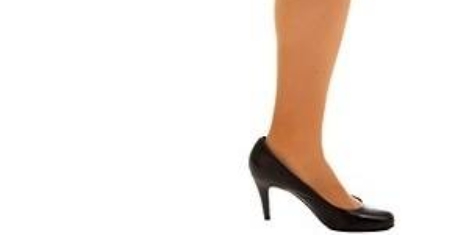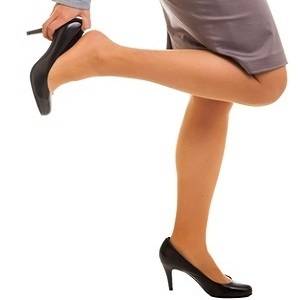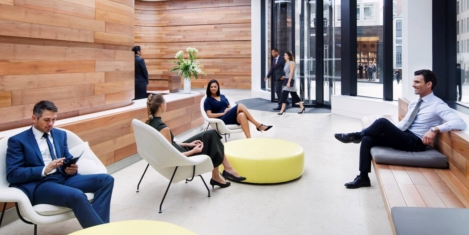September 25, 2018
Fifth of workers fake physical illness to cover up mental health issues

A fifth (42 percent) of UK employees call in sick claiming a physical illness, when in reality it’s a mental health issue and just 15 percent would tell their boss the truth about having a mental health issue a new report claims. According to the research from BHSF, over half (56 percent) of employees admitted to suffering from stress, a third from anxiety (36 percent) and a quarter from depression (25 percent). Despite 88 percent of employees suffering from poor mental health admitting that work is either the main cause or a contributing factor, just 15 percent would tell their boss if they were struggling with an issue of this nature. (more…)






































